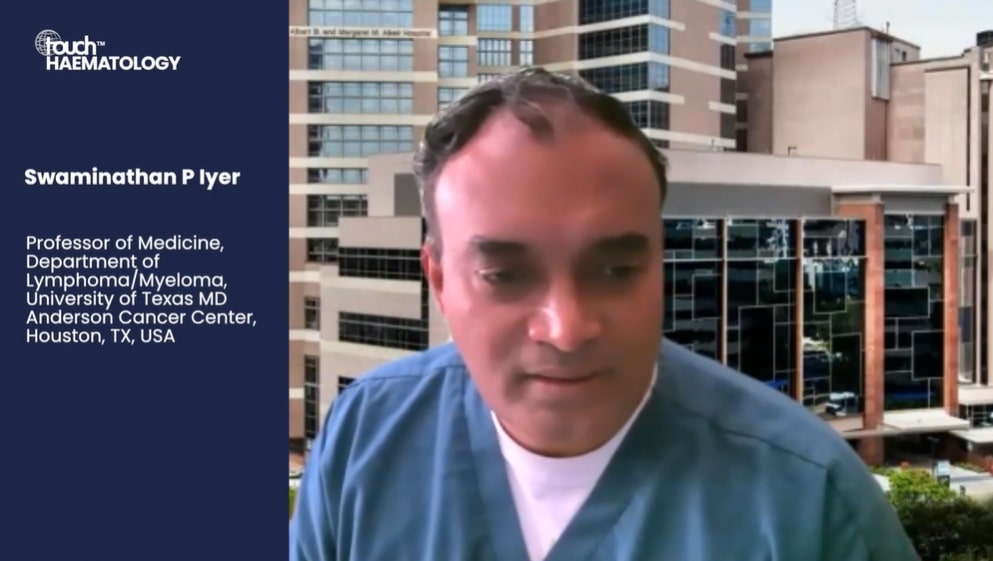Search Results
Showing Results for Follicular Lymphoma
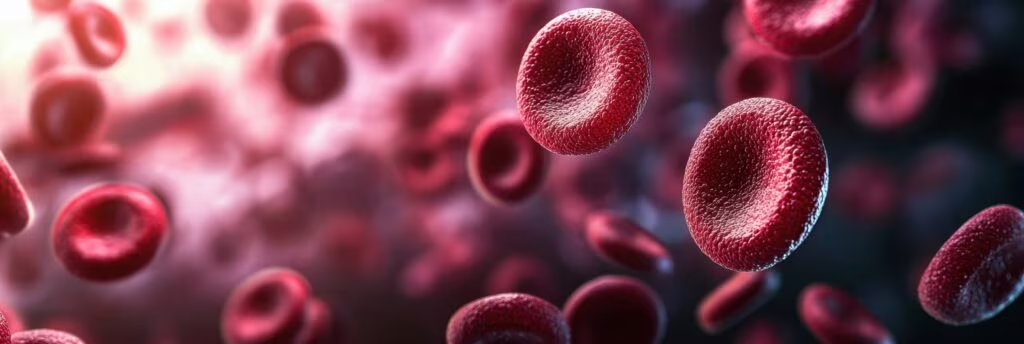
The American Society of Hematology (ASH) held its 66th Annual Meeting from 7–10 December 2024. Among the highlights of the meeting were six late-breaking abstracts that have the potential to influence how healthcare professionals approach a range of condition,s from introducing ...
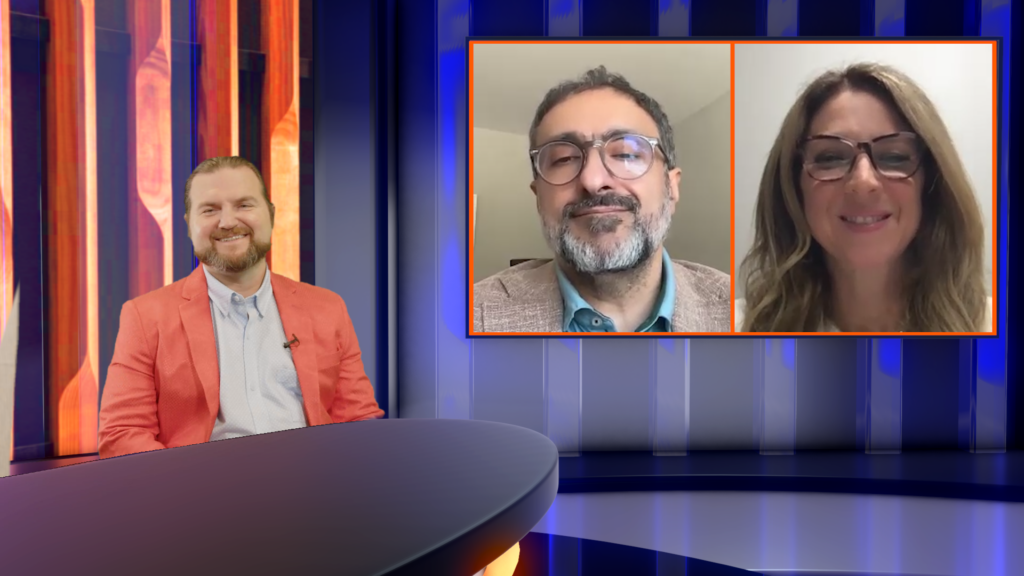
Haematology experts discuss the latest on novel therapies and treatment selection and sequencing in R/R FL




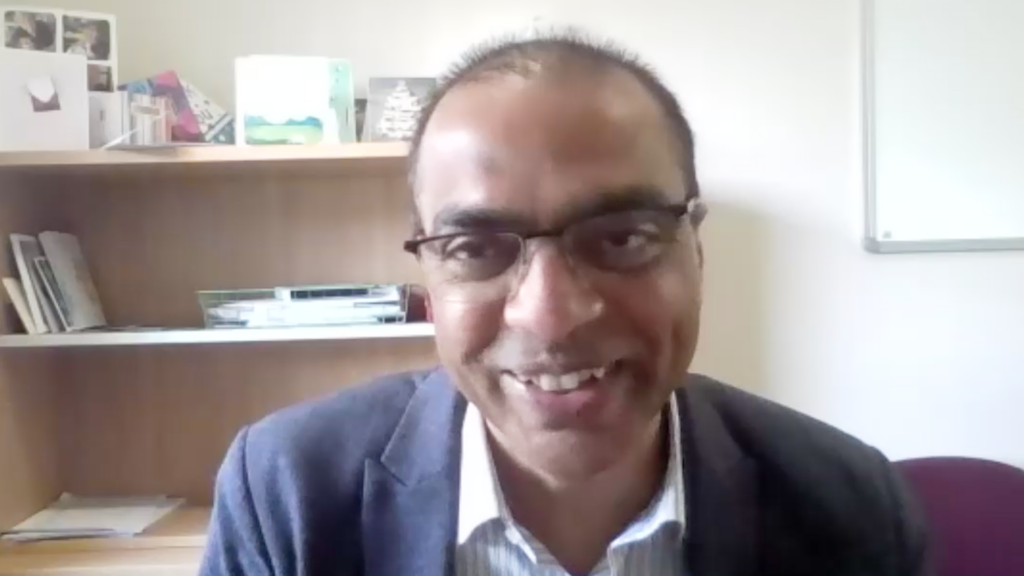
Chimeric antigen receptor (CAR) T-cell therapy has emerged as a groundbreaking approach in the treatment of relapsed or refractory haematological cancers, fundamentally altering the landscape of cancer care. By harnessing the body’s immune system, this therapy effectively targets and destroys cancer cells, demonstrating remarkable efficacy particularly in acute lymphoblastic leukaemia (ALL) and diffuse large B-cell lymphoma. At the forefront of advancements discussed during EBMT 2024, Dr. Sridhar Chaganti highlighted pioneering strategies, including the development of allogeneic CAR T-cell therapies. These therapies not only exhibit potential in reducing Graft-versus-Host disease but also show promise in improving cell expansion, marking significant progress in overcoming treatment limitations. Moreover, innovative approaches aim to address associated side effects such as cytokine release syndrome (CRS) and immune effector cell-associated neurotoxicity syndrome (ICANS). Among these, the introduction of the JAK1 inhibitor, itacitinib, stands out as a promising avenue for mitigating adverse reactions and enhancing patient outcomes in the realm of CAR T-cell therapy
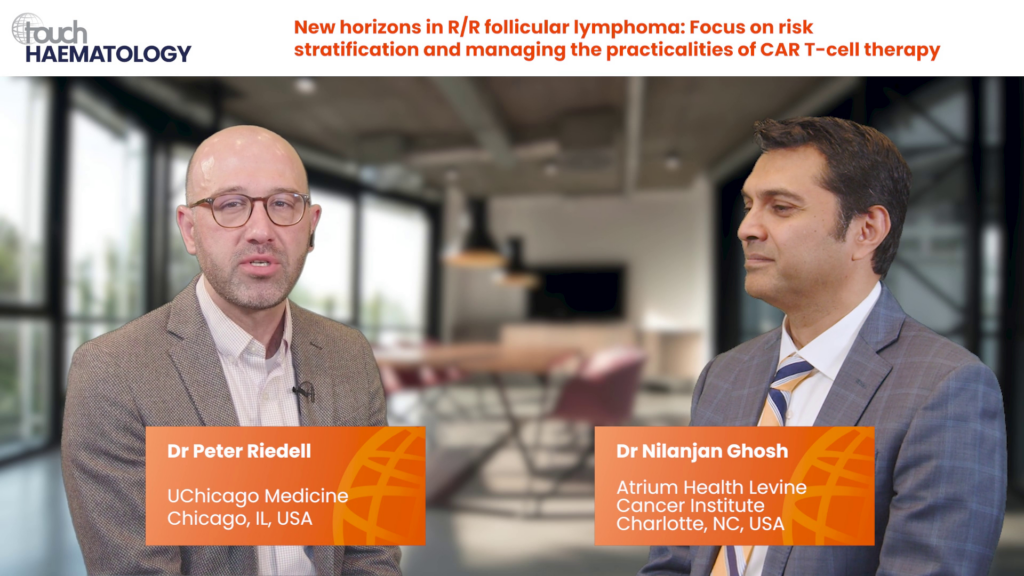
Watch haemato-oncology experts discuss updates in R/R follicular lymphoma, with a focus on CAR T-cell therapy.
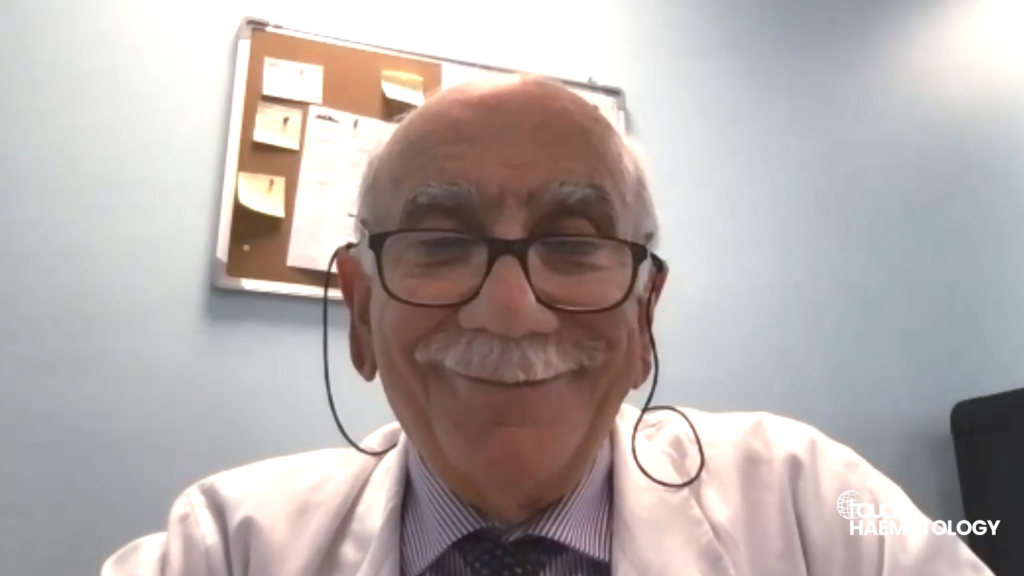
The Renoir phase 3 study investigates the efficacy of combining rituximab and lenalidomide versus rituximab alone for relapsed/refractory (R/R) follicular lymphoma in elderly patients, in whom treatment options are typically limited. Lenalidomide, known for its direct anti-tumor and antiangiogenic ...
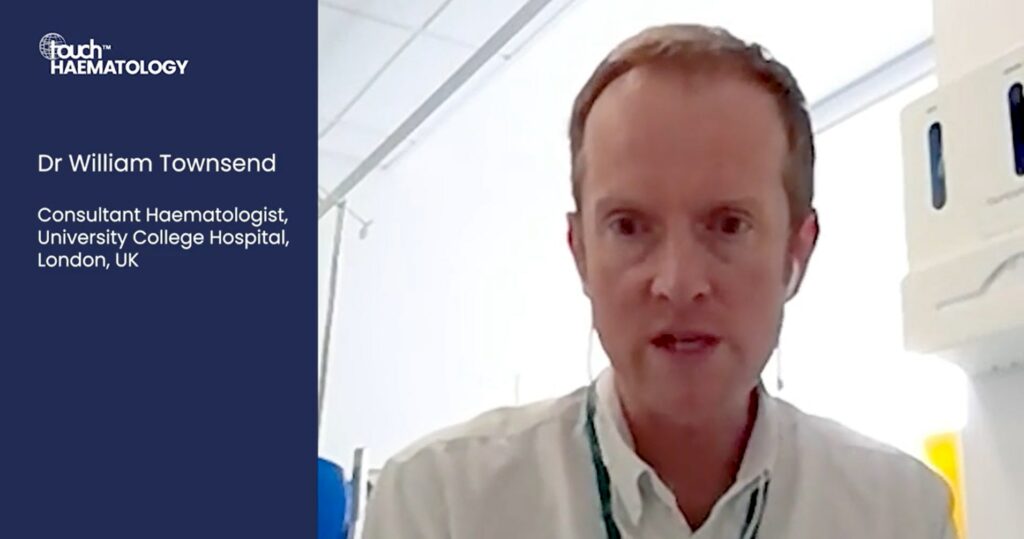
Dr William Townsend shares the latest data from the final analysis of the phase III GALLIUM study in patients with follicular lymphoma, which used the glycoengineered type II anti-CD20 monoclonal antibody obinutuzumab plus chemotherapy . The study compared rituximab-based chemotherapy with ...
Latest articles videos and clinical updates - straight to your inbox
Log into your Touch Account
Earn and track your CME credits on the go, save articles for later, and follow the latest congress coverage.
Register now for FREE Access
Register for free to hear about the latest expert-led education, peer-reviewed articles, conference highlights, and innovative CME activities.
Sign up with an Email
Or use a Social Account.
This Functionality is for
Members Only
Explore the latest in medical education and stay current in your field. Create a free account to track your learning.


